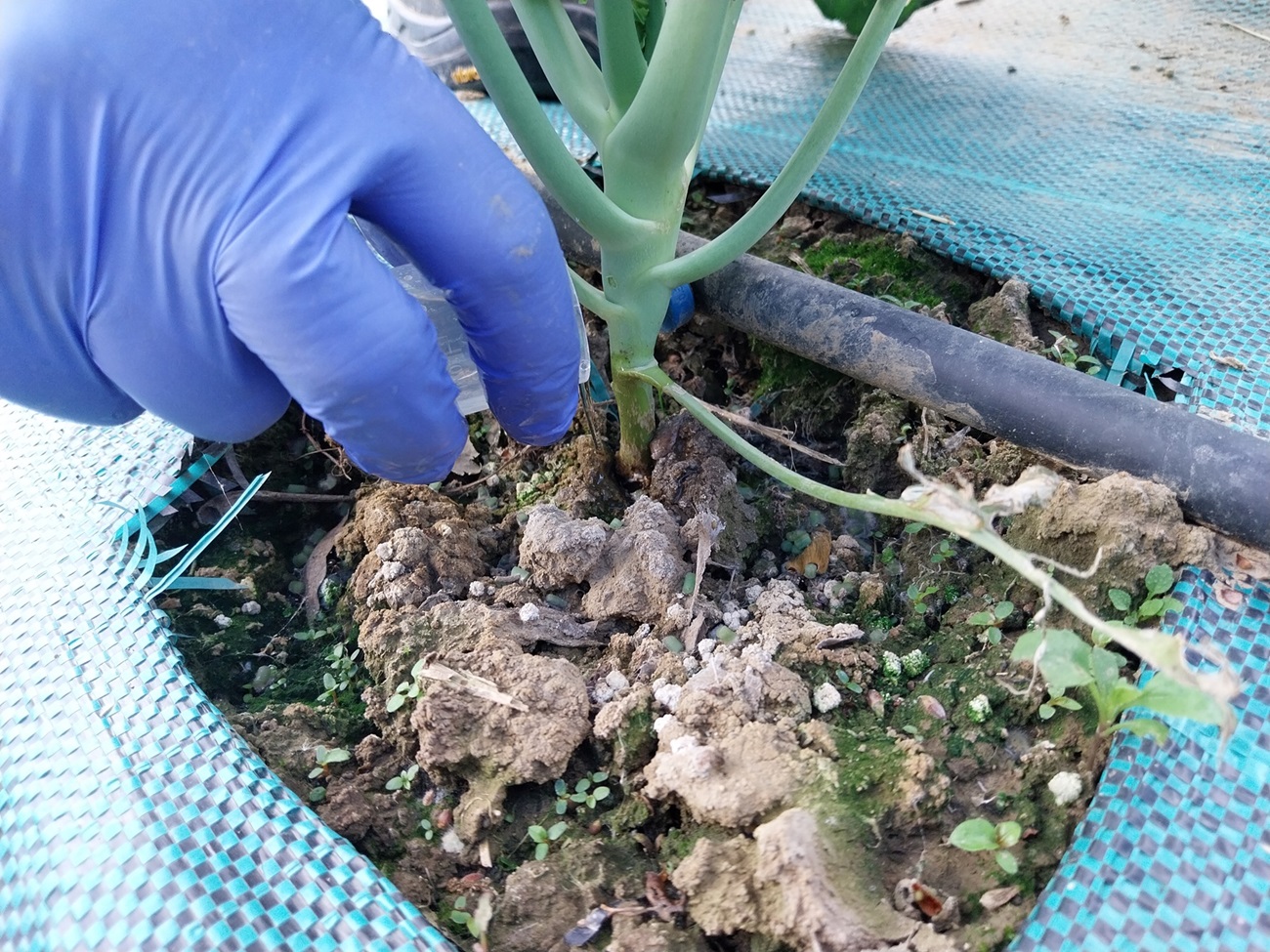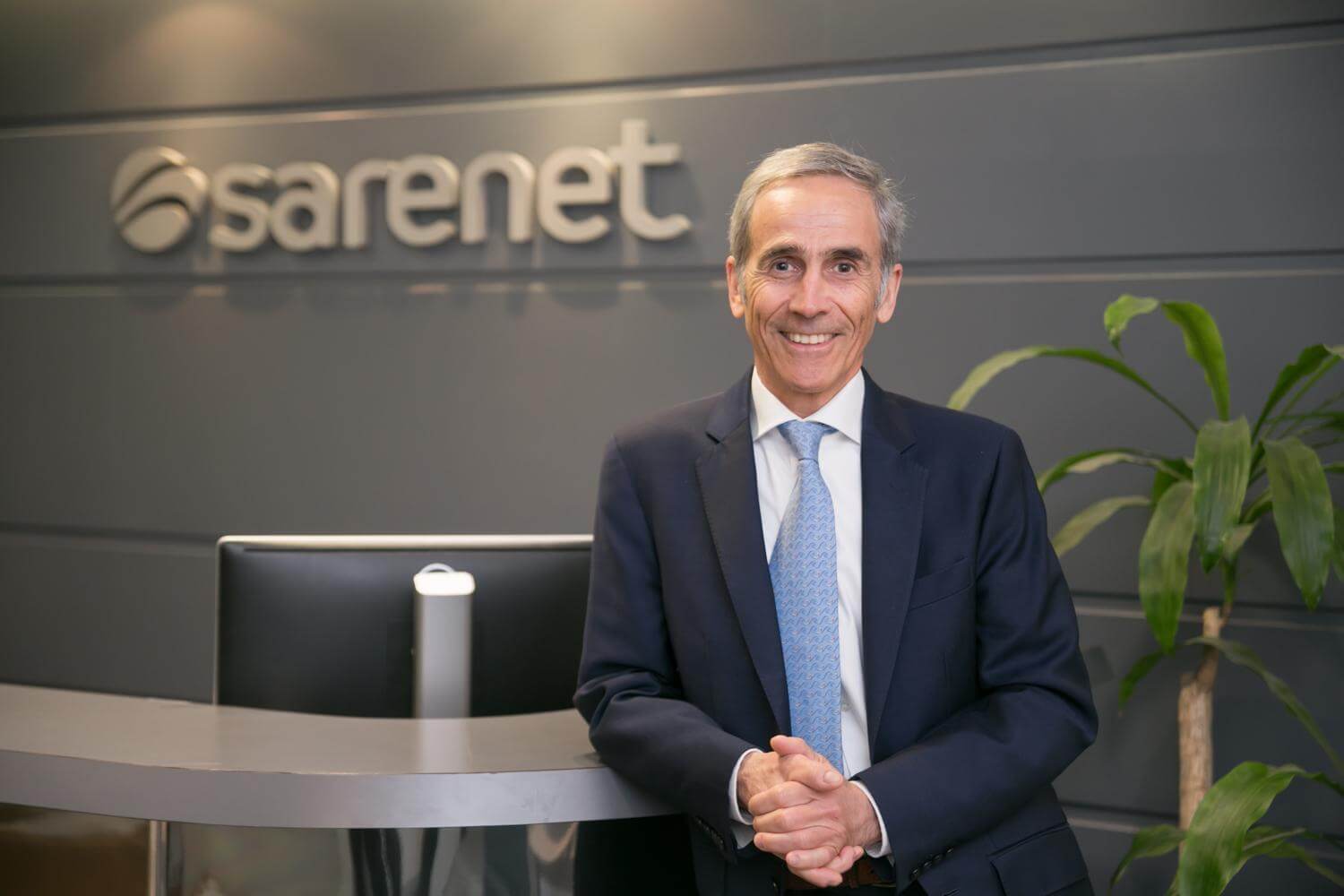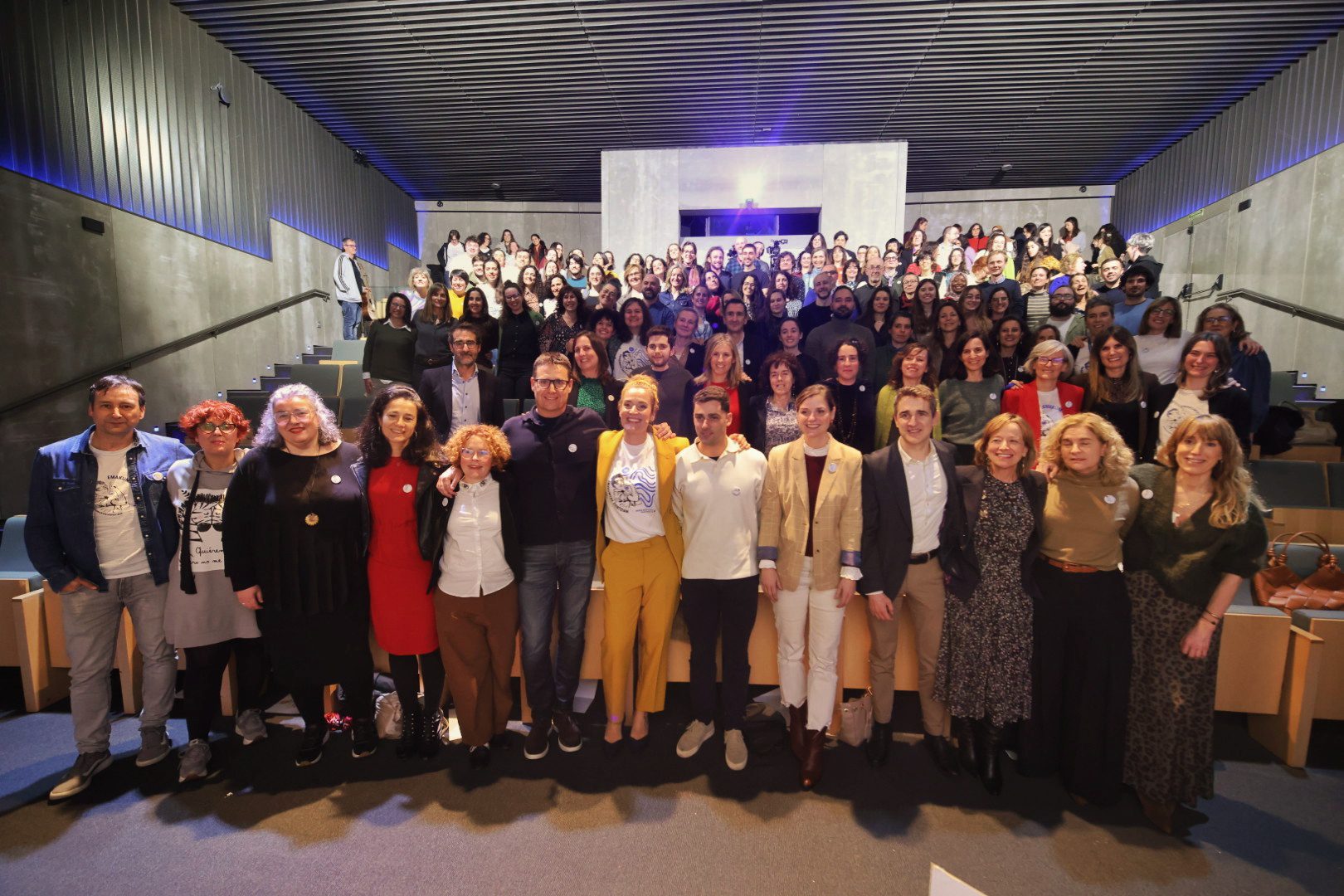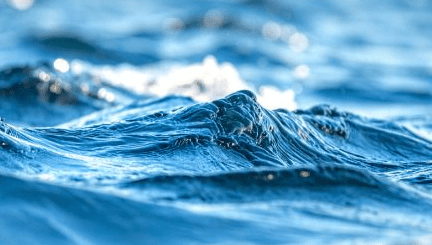Biological fertilisers from fish waste: a sustainable alternative for agricultural soils

The NEIKER technology centre, an entity of the Basque Government’s Department of Food, Rural Development, Agriculture and Fisheries, is researching the development of fertilisers and biostimulants that provide organic matter to the soil.
They will make it possible to reduce the use of mineral fertilisers established by the European strategy “From Farm to Fork”.
As part of the European SEA2LAND project to develop organic fertilisers from fish waste and aquaculture-related activities.
SEA2LAND: European strategy to promote the bioeconomy as the economic model of the future and the Basque Government’s commitment to promote the transition towards a sustainable bioeconomy.
The NEIKER technology centre is researching the development of biological fertilisers and biostimulants that provide organic matter to the soil and are made from fishing waste, which makes them a sustainable alternative for agricultural soils. The European project Producing advanced bio-based fertilizers from fisheries Wastes (SEA2LAND), coordinated by NEIKER, develops bio-based fertilisers from fish waste and aquaculture-related activities.
Traditional fertilisers, composed of mineral substances such as nitrogen, phosphorus and potassium, are the most popular fertilisers for soil nutrition on the European continent. However, their production depends on industrial processes that require large amounts of energy and have a high environmental impact.
The search for more sustainable fertilisers has therefore become a priority for the European agro-fishery sector, although there is still a long way to go. In fact, mineral fertilisers still account for around 78% of European consumption.
It is in this context that the European project Producing advanced bio-based fertilizers from fisheries Wastes (SEA2LAND), coordinated by the NEIKER technology centre, a member of the Basque Research and Technology Alliance (BRTA), has arisen, which aims to develop bio-based fertilisers from fish waste and aquaculture-related activities.
NEIKER, an entity dependent on the Department of Food, Rural Development, Agriculture and Fisheries of the Basque Government, responds to and supports the strategies that the Basque Government designs for the promotion, development and management of the agricultural and forestry sector in the Basque Country.
These by-products contain usable nutrients such as nitrogen, phosphorus and potassium, as well as other micronutrients, which make them interesting alternatives for the production of bio-based fertilisers. “By recycling these nutrients from fish waste, soil fertility can be maintained and improved in a sustainable way. In addition, they provide organic matter to the soil, improving its structure and water retention capacity and reducing erosion,” explains Marta Aranguren, researcher at NEIKER’s Natural Resources Conservation Department.
Testing in different climatic conditions
To check their effectiveness, the fertilisers and biostimulants developed within the framework of the SEA2LAND project have been subjected to several tests in different European locations, given that the use of nitrogen in fertilisers depends on the characteristics of the soil and climatic conditions.
Among these tests, NEIKER has carried out two consecutive trials at its facilities in Derio (Bizkaia) during the 2023 and 2024 broccoli harvests. Three types of fertilisers have been tested: fish sludge pellets, fish protein and biosecreted fish waste product.
In addition, two biostimulants or substances whose function is to stimulate plant nutrition processes have been tested: microalgae grown in tuna brine, produced from waste from tuna canning factories in the Basque Country, and a solution containing amino acids.
“With the new biological fertilisers developed in the SEA2LAND project, we have obtained yields similar to those offered by minerals, which means that they can be a real alternative, with the advantage that they are much more sustainable and less polluting,” says Aranguren.
As for the results obtained with biostimulants, which are often applied together with fertilisers, “with them we were able to reduce the dose of mineral nitrogen by up to 30% without affecting yields, which is a more environmentally friendly option”, adds the researcher.




